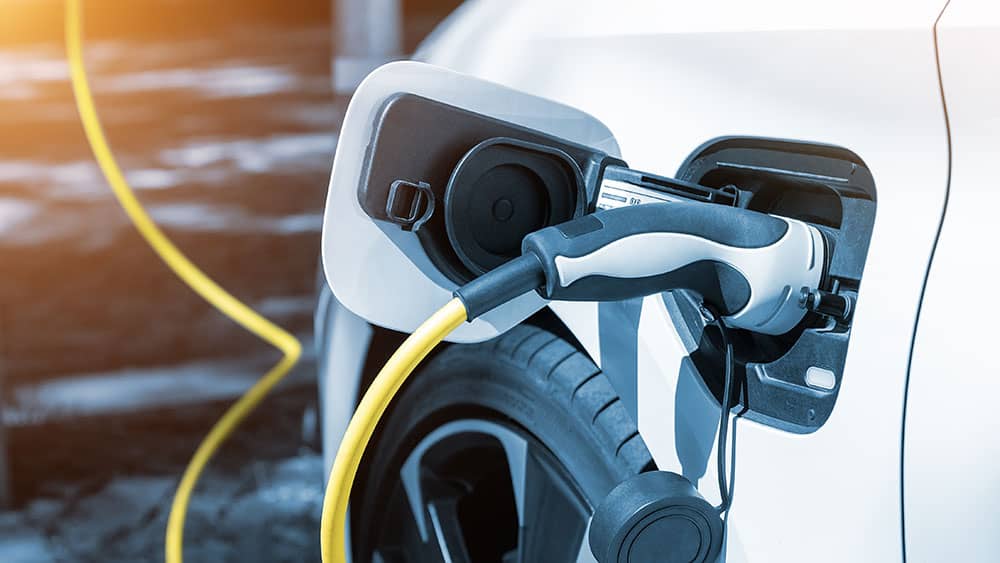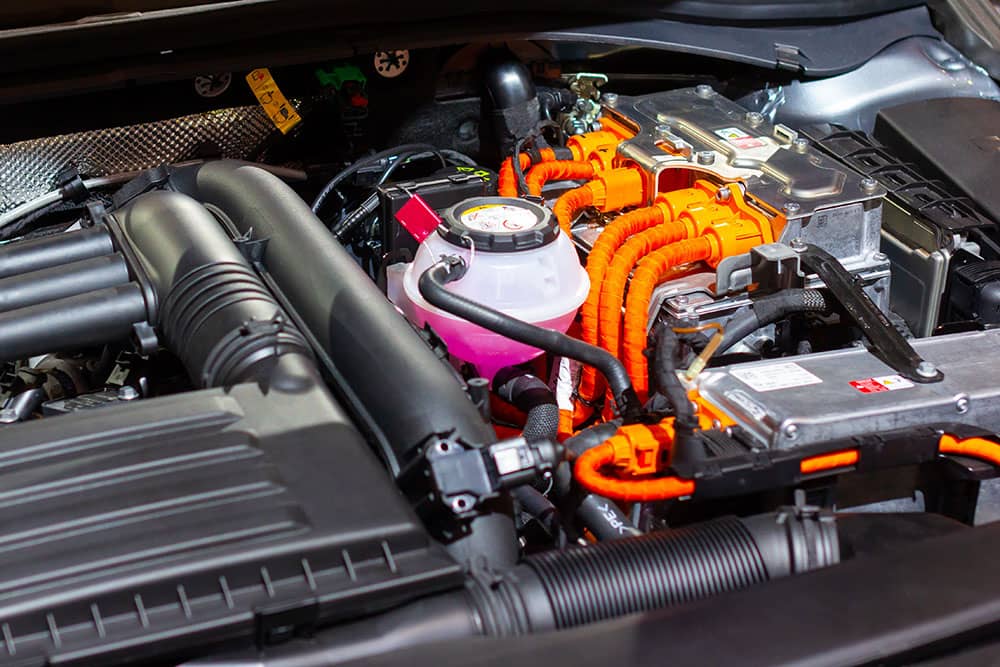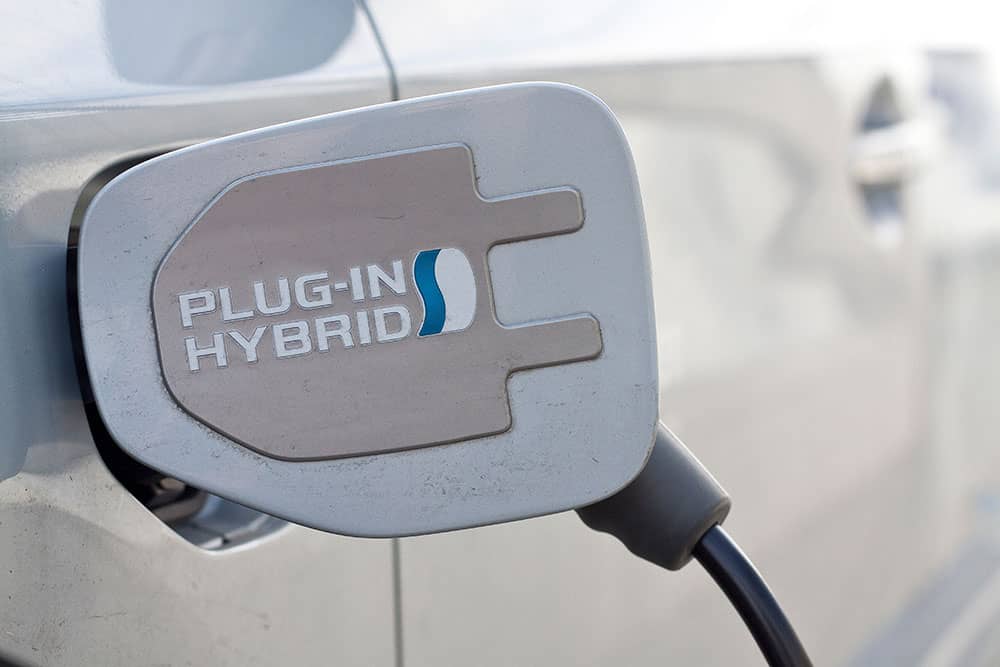Transportation has become vital to our independence, in Australia especially. While the majority of cars use petrol, there is a growing interest in the hybrid car in Australia.
With the increasing sizes of our cities, transport, and cars specifically have become ever more important to how we can get around. If you’ve ever been without your car on a workday, you’ll understand just how frustrating this can potentially be.
To ensure this does not happen, most people will take their time deciding on a make and model of a vehicle after considering many. A newer factor to add to the equation is what fuel you would like for your vehicle.
Many consumers wonder if electric vehicles are their best option or if petrol-fueled cars are still a better choice. Many factors go into making that decision. Learning more about hybrid vehicles is essential for those interested in buying one. A fact that not many people understand is that there are three different kinds of hybrid cars.

Types of Hybrid Cars:
- Full Hybrid – The full hybrid car (FHEV) is the first of its kind. The most well-known of which is the Toyota Prius. The FHEV gets its power from either its diesel or petrol motor. These motors are full-hybrid to use the energy stored in the batteries, which recharge when the engine runs.
- Plug-In Hybrid – The plug-in hybrid car (PHEV) is similar to the FHEV in that it can run with either power source. The most distinct difference between the two types is the PHEV can charge directly from grid energy. This option means you can use the EV-only option for short-distance trips.
- Mild Hybrid – A mild hybrid’s engine must always include the use of a traditional engine along with the electrical power source. This means the engine will use less fuel and fewer engine emissions. Additionally, some mild-hybrid owners say the engine runs smoother than a petrol, diesel, or mixed power source.
Even though the specific kinds of hybrids differ slightly, they share the characteristics as far as the pros and cons of ownership.
The Advantages of a Hybrid Car
- No anxiety regarding your next charging location because the petrol engine assures you will have power throughout your drive.
- Engines have less wear and tear because both are used, not just one. This often leads to lower overall maintenance costs.
- There is great potential for saving money by owning a hybrid. There can be more ways to save with an HEV than just at the gas tank. The ATO announced thousands of dollars in upcoming bonuses for buying a hybrid.
- Hybrid vehicles are much quieter than typical cars with petrol or diesel engines. This can be problematic in certain situations where pedestrians are injured because the HEVs are so quiet. This became a significant issue in the United States, and a law was passed requiring HEVs to make noise when reaching a certain speed.
- Hybrid vehicles are helpful to the environment. Using electricity instead of petrol is an intelligent way to make a difference. While experts may debate the specifics regarding the impact of hybrids, the fact remains that lower emissions mean less toxic material in the air.
What Are the Hybrid Car Negatives?
- Hybrids have a more significant upfront cost than similar models of vehicles. While you have a chance of offsetting the increased price if you frequently drive in areas away from city traffic, your savings is far from guaranteed.
- A hybrid vehicle still uses fossil fuels. If the force behind your desire for a hybrid is environmental passion, an electric car will have a more significant impact on emissions.
- When repairs are necessary, they are also expensive. There is a great deal of back and forth about how long a hybrid’s battery will last and the replacement costs. While hybrid batteries may not need replacing, other repairs can be very costly.
- Typically, hybrid vehicles will provide less space for comfortable seating as well as limited space for luggage. The amount of space is not a concern for everyone, and if you are unbothered by tight spaces for passengers and luggage, this may not be a concern for you.
- There is a greater chance that things can go wrong because there are more parts, including highly specialised components, which can come with high price tags. You could potentially struggle to find a qualified mechanic and may have a long waiting period for certain parts.

Hybrid Car FAQs
- Do plug-in hybrid vehicles charge while you are driving? – Yes, this works because the energy from braking is captured and actively stored as electricity. Additionally, the petrol engine sends power to charge the battery, and some hybrids can fully charge the battery during a drive.
- What happens if you fail to charge a plug-in hybrid? – Essentially, nothing happens if you fail to charge the battery. The car will rely on the petrol engine.
- Can a hybrid car run on petrol and nothing else? – Yes, HEVs can efficiently run on fuel with no added power from electricity.
- What plug-in hybrid has the most extended range? – At this time, BMW has the longest all-electric range. The luxury automaker offers the 330e PHEV with an all-electric range of more than 60km. It is only a matter of time before another automaker surpasses this mark.
- Are hybrid Cars worth it? – The answer depends on your reason for buying a hybrid. If your over-arching goal is to reduce dependence on fossil fuel, you might make a more significant impact by turning to solar power for your home than buying a hybrid car. If you want to lower the cost of driving, a hybrid vehicle might be your best bet.
Choosing the right type of car for you does not need to be a frustrating challenge, nor does finding financing for your vehicle. Speak to the team of experts at Loans Unlimited, we can get the assistance you need to find a car loan that fits your needs and your budget.



